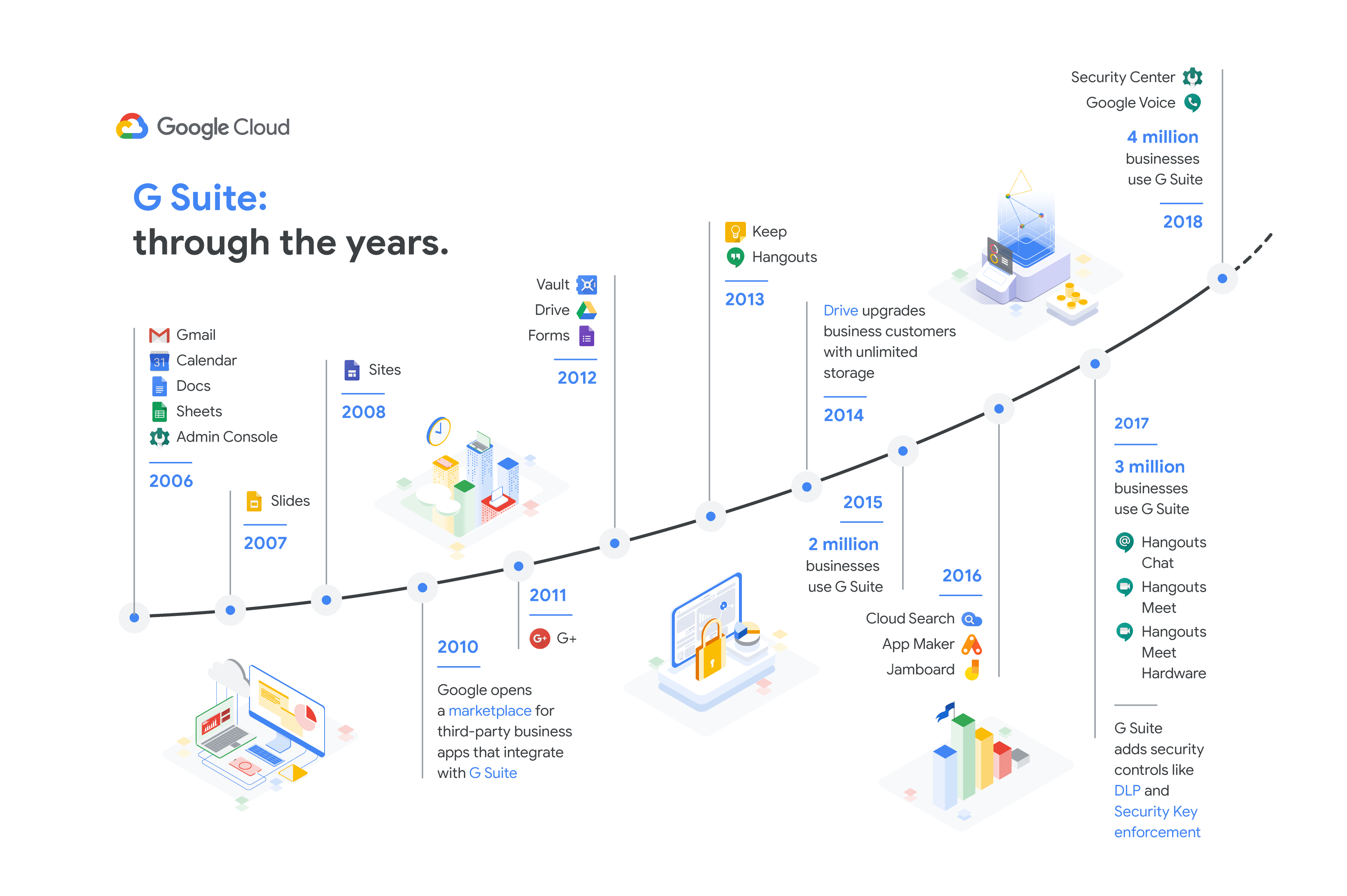In 2012, early Uber investor First Round Capital decided it needed an avenue to access the best companies brewing inside dormitories across the U.S. So the seed-stage venture capital firm launched Dorm Room Fund, a pool of capital managed by students for students. The project has brought 250 startups, including Harper Wilde and Brooklinen, and more than 400 entrepreneurs into the First Round network to date.
“But there’s an even bigger community of founders just on the other side of that graduation threshold; and if students can make great founders, then recent graduates make great founders as well,” wrote Bruno Faviero, a former managing partner of Dorm Room Fund and current co-founder and chief executive officer of Synapse Technology, in a recent blog post. “Yet the level of resources and support drops off when you’re no longer in school.”
Faviero, in partnership with Segment.com product manager Lauren Reeder, Totemic co-founder Neal Khosla and former Google project manager Parthi Loganathan, has formed Graduate Fund, a pre-seed fund targeting recent graduates of undergraduate or master’s programs. Just like Dorm Room Fund, Graduate Fund is supported by First Round Capital, leveraging the firm’s financial and managerial expertise but operating independently.
The Graduate Fund will write “angel-sized investments” or roughly $100,000 checks — larger than Dorm Room Fund’s $20,000 investments — to startups that lack a network of angel investors and that are not ready for big-name investor support. The idea is to not only fill First Round’s pipeline of viable investments but to protect projects from turning to startup accelerators that ask for a large stake in return for a small investment.
The Graduate Fund has backed five companies so far: And Comfort, a direct-to-consumer plus-sized clothing brand; Floating Point Group, a cryptocurrency trading platform; Ally Shoes, which makes high-performance high-heeled shoes for women; Spellbrush, an AI assistant for artists; and probiotics maker Zbiotics.
Pre-seed investing emerged a couple of years ago as a result of the growing size of seed and Series A deals. A pre-seed check is typically under $1 million, or, in other words, the size a seed deal was a decade ago. The median U.S. seed deal hit a new high of $2.1 million in the fourth quarter of 2018 and the median Series A funding grew to $8 million.
Many in the venture capital community still scoff at the notion of pre-seed investing but multiple funds, The Graduate Fund being the latest, have cropped up with pre-seed at the center of their theses. Elizabeth Yin and Eric Bahn partnered to launch Hustle Fund in 2017. The pre-seed firm closed on $11.5 million late last year. Afore Capital, led by Anamitra Banerji and Gaurav Jain, pulled in $47 million for their debut pre-seed vehicle in 2017. Bee Partners, K9, Pear, Precursor, Notation and Wonder have similarly startup pre-seed-focused outfits.

